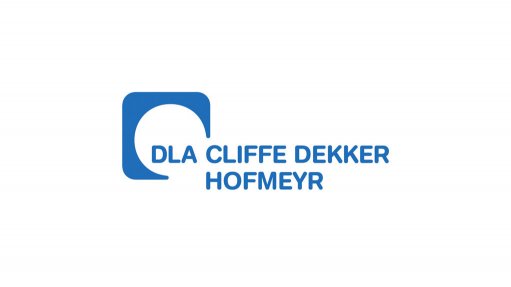
The South African Revenue Service (SARS) released Binding Private Ruling No 189 on 19 February 2015, which dealt with the sale of shares subject to suspensive conditions.
Two trusts had acquired certain ordinary shares in a listed company as part of a Black Economic Empowerment (BEE) transaction. The shares were subject to certain restrictions, but it was anticipated that the restrictions would soon lapse and the two trusts would be able to dispose of their shares.
A certain Company X intended to make an offer to the trusts to purchase some of the shares once the restrictions lapsed.
However, the listed company had a call option in respect of the shares, which related to the financing of the BEE transaction, and which it could exercise.
The trusts also held call options – should the listed company exercise its call option, the trusts would be entitled to re-subscribe for the same number of shares that were subject to the listed company’s call option.
Before the trusts could determine the number of shares that they would have available for sale to Company X, the call options would first need to be exercised (or not, as the case may be).
It was proposed that the trusts enter into separate sale agreements with Company X, subject to various suspensive conditions, in respect of the shares. The agreements would provide that, after the suspensive conditions had been fulfilled, and over a period of approximately three months, the trusts may present Company X with a so-called 'trigger notice,' specifying the number of shares available for sale to Company X. Within the said period, the trusts may sell their available shares to Company X in three such tranches.
If no trigger notice had been presented by the end of the period for a certain minimum number of shares, the trusts would be deemed to have presented a trigger notice for all the available shares in terms of the sale agreements.
The agreements would also provide that:
- ownership, risk and benefit in respect of the shares will only pass to Company X once the trigger notice is presented, payment has been made, and the shares have been delivered; and
- the purchase price be determined with reference to a formula that takes into account a 30 day volume weighted average share price during the period, less any distributions during the period, and less a discount, as well as the current average trading price.
It appears that the parties were concerned about the time of disposal of the shares for purposes of capital gains tax. For a sale of any of the shares to be successfully completed:
- the option transactions would first have to be completed;
- the suspensive conditions in terms of the sale agreements would have to be fulfilled;
- the trigger notices would have to be presented;
- if no trigger notices are presented, the three month period would have to expire for a trigger notice to be deemed to have been presented;
- the price per share needs to be determined; and
- payment for and delivery of the shares would have to take place.
The exact time of disposal of any of the shares by the trusts is therefore, at first sight, not clear.
SARS ruled that:
- in terms of paragraph 13(1)(a)(i) of the Eighth Schedule to the Income Tax Act, No 58 of 1962 (Act), the time of disposal by the trusts of their shares will be the date on which the suspensive conditions in terms of the sale agreements are fulfilled;
- the base cost of the shares in the hands of Company X will be the purchase price payable under each trigger notice;
- the trusts and Company X are not connected persons, even though a fellow subsidiary of Company X holds an equity interest in a company that is a beneficiary of one of the trusts; and
- section 24J of the Act would not apply to the transaction.
Written by Heinrich Louw, Senior Associate, Tax, Cliffe Dekker Hofmeyr